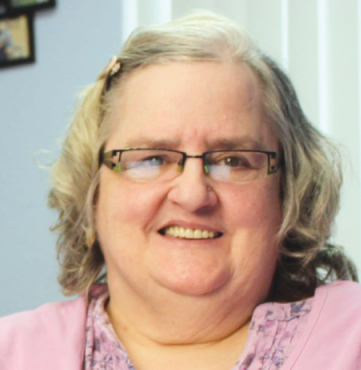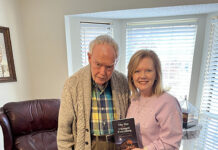By Darlene Franklin
On the eve of Prince Harry’s marriage to Meghan Markle, I remember watching Diana Spencer marry Prince Charles when my children were small. A generation later, Americans remain fascinated with royal weddings. Although our country rejected a sovereign king at its birth, we still love pomp and circumstance.
According to the New York Post#, we remain fascinated by royalty because embody national unity in a unique way. (Presidents are rather polarizing figures).
Perhaps that’s why enjoying nature’s majesty leads us to the unifying force of nature’s God.
Consider the experience of Katherine Lee Bates.
In 1893, the young Wellesley professor taught a summer course in Colorado Springs. She joined a faculty trip to the top of Pikes Peak. Inspired by the panoramas, she wrote a heartfelt poem. Visitors today can read her words on a plaque atop the mountain that rises more than two miles into the sky:
O beautiful for spacious skies, for amber waves of grain, for purple mountains majesties above the fruited plain! America, America, God shed grace on thee.
Almost a hundred years later, I traveled to Colorado for the first time. I kept looking for the mountains. At the top of one final rise, they filled the horizon. Mountains, mountains, everywhere I looked, from north to south. Tall, rugged, in shades of slate blue and purple—breathtaking.
God’s majesty stampeded through my heart for the first time since I left New England for college, The soaring peaks increased my awareness of God’s other-ness as creator and king. I loved it so much that I stayed in Colorado for two decades.
As a child, I loved summer storms. Lightning flashed and waves crushed against the rocks with destructive force, but they didn’t scare me at all. In the pounding, echoing, hissing squall, I heard echoes of God’s voice and responded to His roll call.
Lord, our Lord, how majestic is Your name in all the earth! You have set Your glory in the heavens.
In similar ways, music’s harmonies lift my heart to God. Two hundred seventy-five years have passed since Messiah, George Friedric Handel’s masterpiece, was first performed on Easter Sunday, 1742.Legend has it that King George II attended the premiere. He was so impressed by the Hallelujah Chorus that he remained standing for the duration of the song. Everyone around him also stood, as required by royal protocol. That’s the reason why audiences today stand during the performance. An earthly king recognized The King, and so must we.
I’ve had the privilege of performing all two and a half hours of the Messiah. When I’ve been at my lowest points, I lose myself in a music, whether classical or contemporary, that lifts God up. Worship His majesty.
While not nearly as melodic, a child’s first cry also showcases God. Nothing captures the pinnacle of creation, the one creature made in His image, as perfectly as a newborn child. So tiny, so helpless—so perfect. All parts work as God designed, made to live with God in eternity although it will take a second birth to make that happen.
As the proverb says, a child is God’s approval that the world should go on. God gave Abraham and Sarah a son after he had lived for a century. The Lord gave me a grandchild when my daughter died. My first great-grandchild this year brought happiness as old age approaches.
Lately I’ve discovered that the silence of old age adds a high-pitched bell, hardly heard, to the choir. A church holds regular services every Sunday and Wednesday at the nursing home where I live. Many of our most faithful members struggle to speak. One lady of German descent claps when the preacher’s family joins in the singing. Her evident delight brings to mind the verses from Psalm 8 that speak of “the praises of children and infants.”
Or how about my friend, who writes down her prayer requests because we struggle to understand her stroke-riddled speech? Or the ones who come in reclining chairs, their warm smiles saying it all? Sweet praise rises from the lady who reads out loud from her Bible, so soft-spoken we can’t hear her words. Their whispered, nonsensical, missing voices reach the highest heaven. I offer a pianist’s hands as a humble accompaniment to their purer worship.
God’s majesty confronts me, demanding an answer. I respond in worship.














